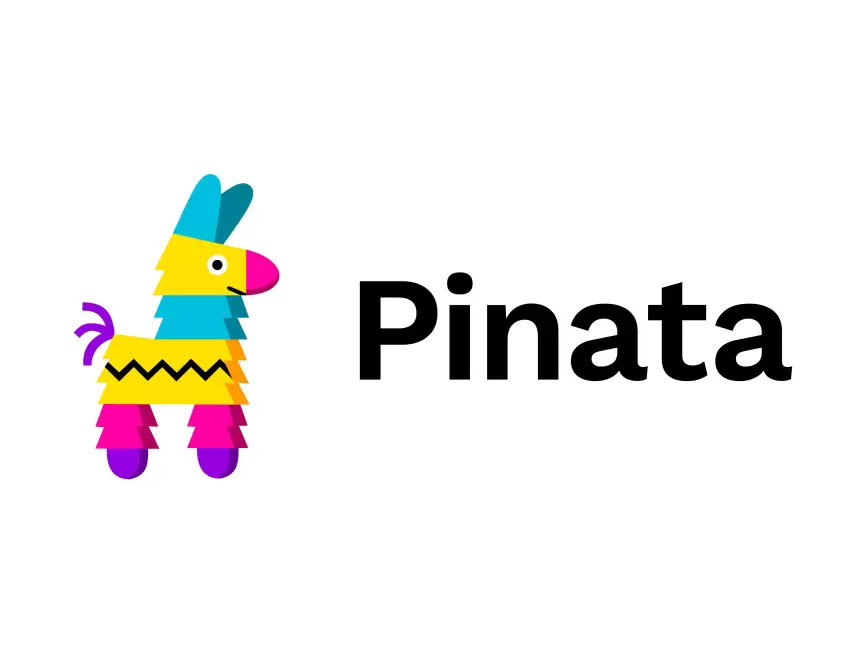Peer-to-peer social and business networking
Using Sovereign Workspace for communication and ecommerce ensures no censorship and no exploitation of your valuable data. You are free to speak with privacy. You can earn money on your terms.

All Sovereign content is hosted on the InterPlanetary File System (IPFS), accessed via Pinata for managing storage and delivery. Sovereign users have complete control of all their content. It is not possible to use Sovereign without Pinata and no other user or system, including Sovereign, has access to your content without your explicit permsiion. You can get a free Pinata account and learn more about it by following this link.
 Secret Network
Secret NetworkAll encryption keys, permissioning and events are mananged by the Secret blockchain - the privacy-first, distributed ledger network. You can learn more about it by following this link.
Product
Your favourite apps but Sovereign
Messenger
Talk Privately
Secure, encrypted group messaging. It’s just like WhatsApp but definitely secure.
Drive
Backup safely
Secure file storage with true end-to-end encryption. It’s just like iCloud but without the back door.
Forum
Debate freely
Discuss topics publicly and share your news in short or long-form, and monetize it. It’s like Twitter but without the censorship.
Market
Earn fairly
Market, sell and distribute what you create and retain virtually all the value you create. It’s like Amazon without the fees.
DAO
Venture transparently
Organise with others or raise capital for your business or project, using the Web3 model, being rapidly adopted around the world.